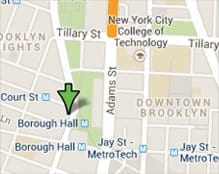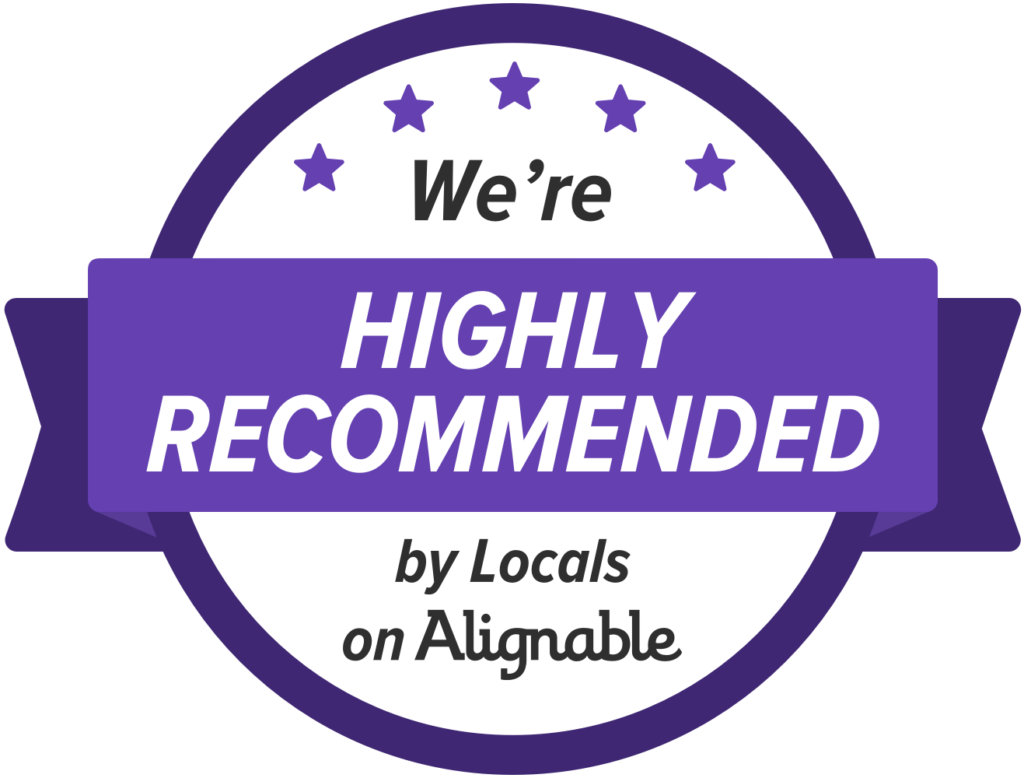Pleading Guilty, the strategy
When you are facing criminal charges, especially from something that seems as damning as a failed breathalyzer, a failed field sobriety test, and a partial confession blurted to the arresting officer, you probably are considering a plea bargain. Plea bargains are viable options for some people, in certain situations. This post will go over the basics of plea bargains and how they are treated by judges and prosecutors.
The first thing you need to note is that plea bargains aren’t like normal business deals. The longer you take the accept a plea deal, the more likely it will be revoked or, modified. The D.A. offers plea bargains as a way to avoid trials on “iffy” cases but also as a way to save prosecutorial resources, such as time and money. So, the more time you take to consider your options, the less favorable the terms of the plea bargain.
Thus, you should consider two things when presented with a plea deal. First, whether you should accept and, second, when you should accept.
If you accept a plea deal, it means that you are accepting the charges as stated. The prosecutor will likely ask you to waive your right to a trail, to an appeal, and to other administrative rights. The judge and your defense attorney will review these waivers with you (but the judge will do it in open court, not one on one with you).
Facing down criminal charges is difficult for anyone to do. The gripping fear in your stomach as you confront the potential consequences of a conviction is overwhelming. The fear and anxiety probably feels overwhelming. That is why it is crucial you seek the assistance of a defense attorney. A lawyer can focus on crafting your defense, so you are relieved of that pressure. You don?t need to go through this alone, a defense attorney will go through it with you.
Office Location
Neil S. Ruskin
188 Montague Street Suite 900
Brooklyn, NY 11201
Local: (718) 237-1547
Fax: 718-875-4011












